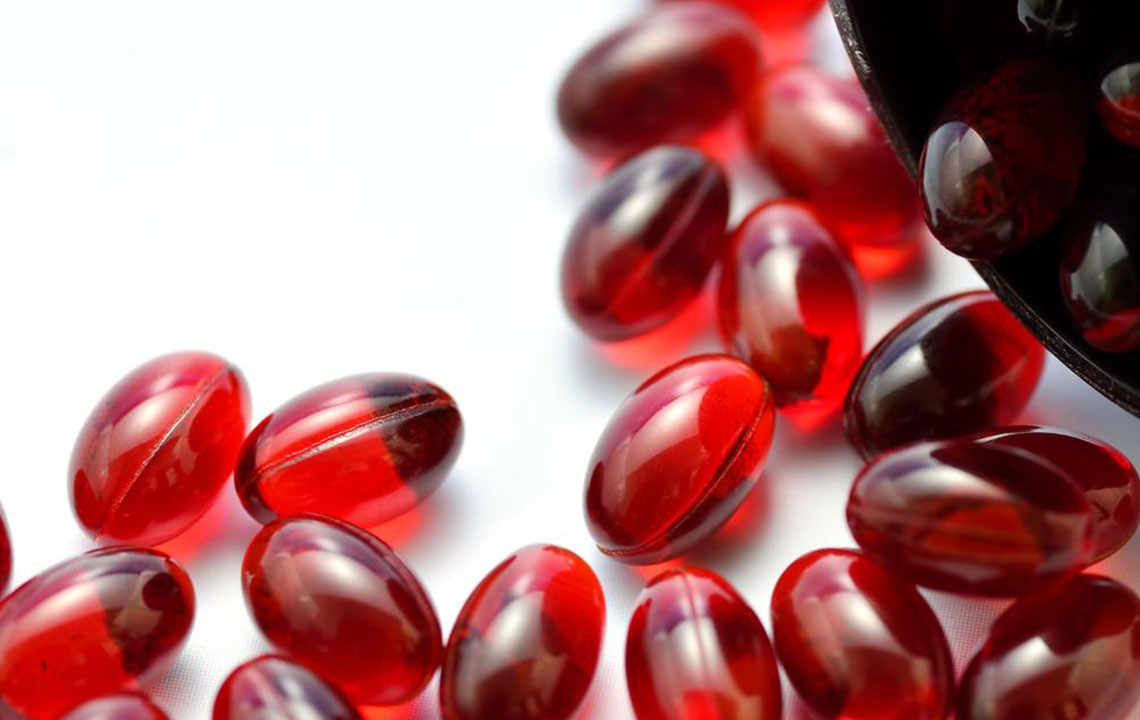Effective Home Strategies for C. Difficile Management
Learn effective home remedies for managing C. difficile infection, including dietary tips like probiotics, soluble fiber, hydration, and natural antimicrobial options. These methods support gut health and symptom relief alongside medical treatment.

Effective Natural Approaches to Managing C. Difficile
Clostridium difficile, commonly known as C. difficile, is a bacteria that can significantly disrupt gut health. It may lead to symptoms such as diarrhea, bloating, excessive gas, and vomiting. While medical treatments are available, there are also home-based methods to support recovery, including dietary adjustments and lifestyle changes.
Include probiotics in your diet
Consuming probiotic-rich foods introduces beneficial bacteria that help restore gut flora affected by C. difficile. Fermented products such as aged cheese, kefir, sauerkraut, and yogurt are excellent options. For optimal benefits, avoid adding sugars, which can promote harmful bacterial growth.
Increase soluble fiber intake
While both soluble and insoluble fibers are beneficial, those with C. difficile should prioritize soluble fiber, which aids in detoxification and bacteria elimination. Foods like oats, strawberries, legumes, bananas, citrus fruits, and watermelons are rich sources. Avoid high-insoluble fiber foods like raw vegetables (especially cruciferous varieties), fruits with skins, nuts, and seeds, as they may worsen diarrhea.
Maintain proper hydration
Staying well-hydrated is critical to prevent dehydration from diarrhea. Drinking plenty of water, clear broths, herbal teas, and diluted fruit juices helps replenish fluids and electrolytes. Sports drinks can be beneficial but should be low in sugar.
Include raw garlic in your diet
Garlic possesses potent antimicrobial properties capable of combating C. difficile bacteria. Consuming raw garlic, added to meals or eaten directly, enhances its effectiveness. Incorporating garlic regularly can support gut health and bacterial balance.
Avoid greasy and fried foods
Fried and oily foods are hard to digest and may intensify gastrointestinal symptoms. Limiting these foods helps reduce stress on the digestive system and alleviates symptoms like bloating and diarrhea.
Reduce caffeine intake
Caffeine acts as a diuretic and can dehydrate the body, compounding dehydration caused by diarrhea. Limiting coffee, tea, and caffeinated soft drinks is advisable until recovery.
Eat foods high in potassium and calcium
Restoring electrolytes lost through diarrhea is essential. Foods rich in potassium (like bananas and boiled potatoes), calcium (such as milk and cheese), and sodium (vegetable soups and broths) help replenish vital minerals. Lactose-intolerant individuals can opt for plant-based calcium sources like almond or soy milk.
Explore black seed oil as a natural remedy
Some studies suggest black seed oil may inhibit C. difficile growth, thanks to its active compound thymoquinone. Consult with a healthcare provider before using black seed oil for treatment.
C. difficile infections can escalate to severe health issues if untreated. Prompt consultation with a healthcare professional is crucial when symptoms like persistent diarrhea or abdominal pain occur, especially following medication use.










